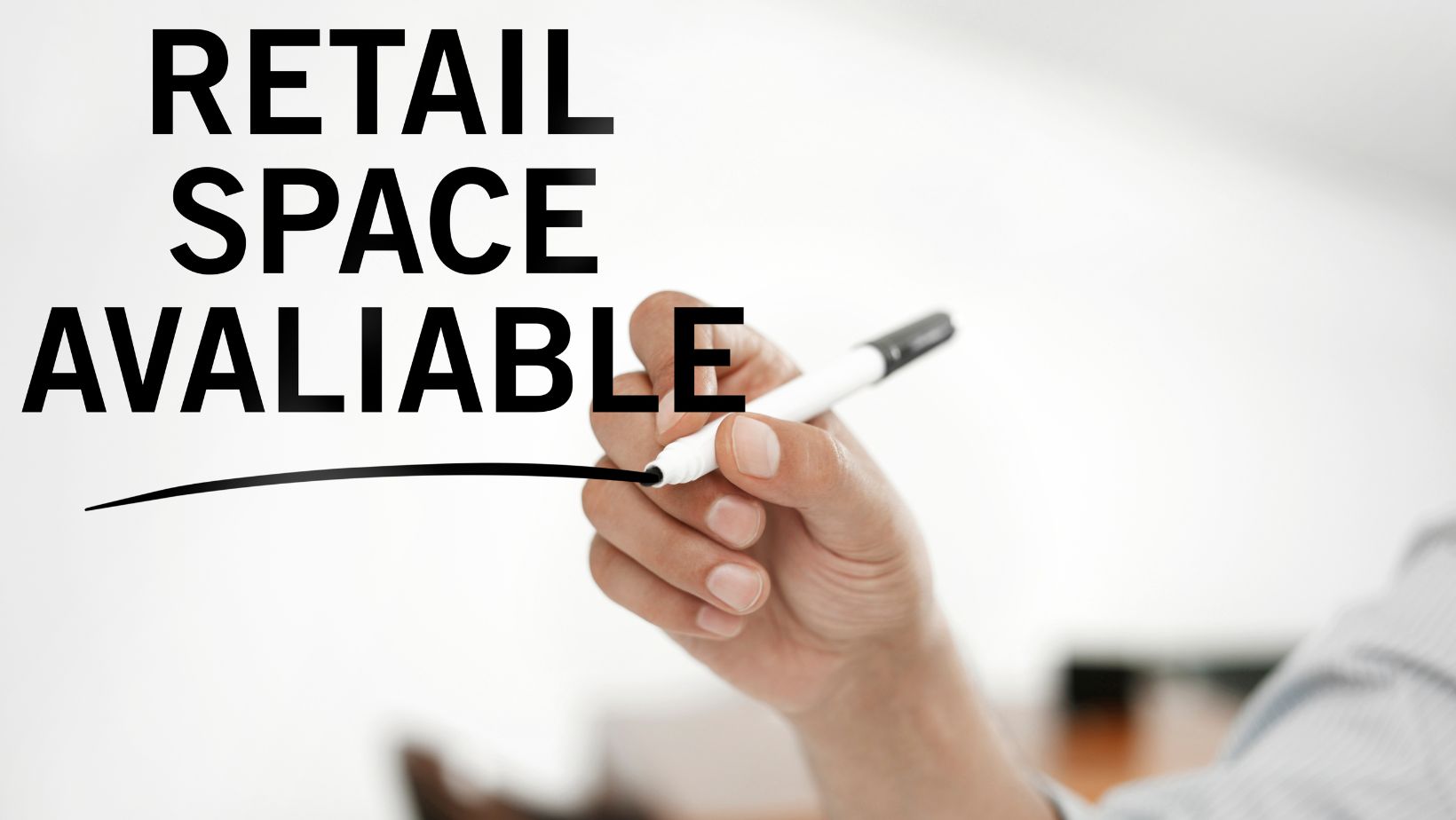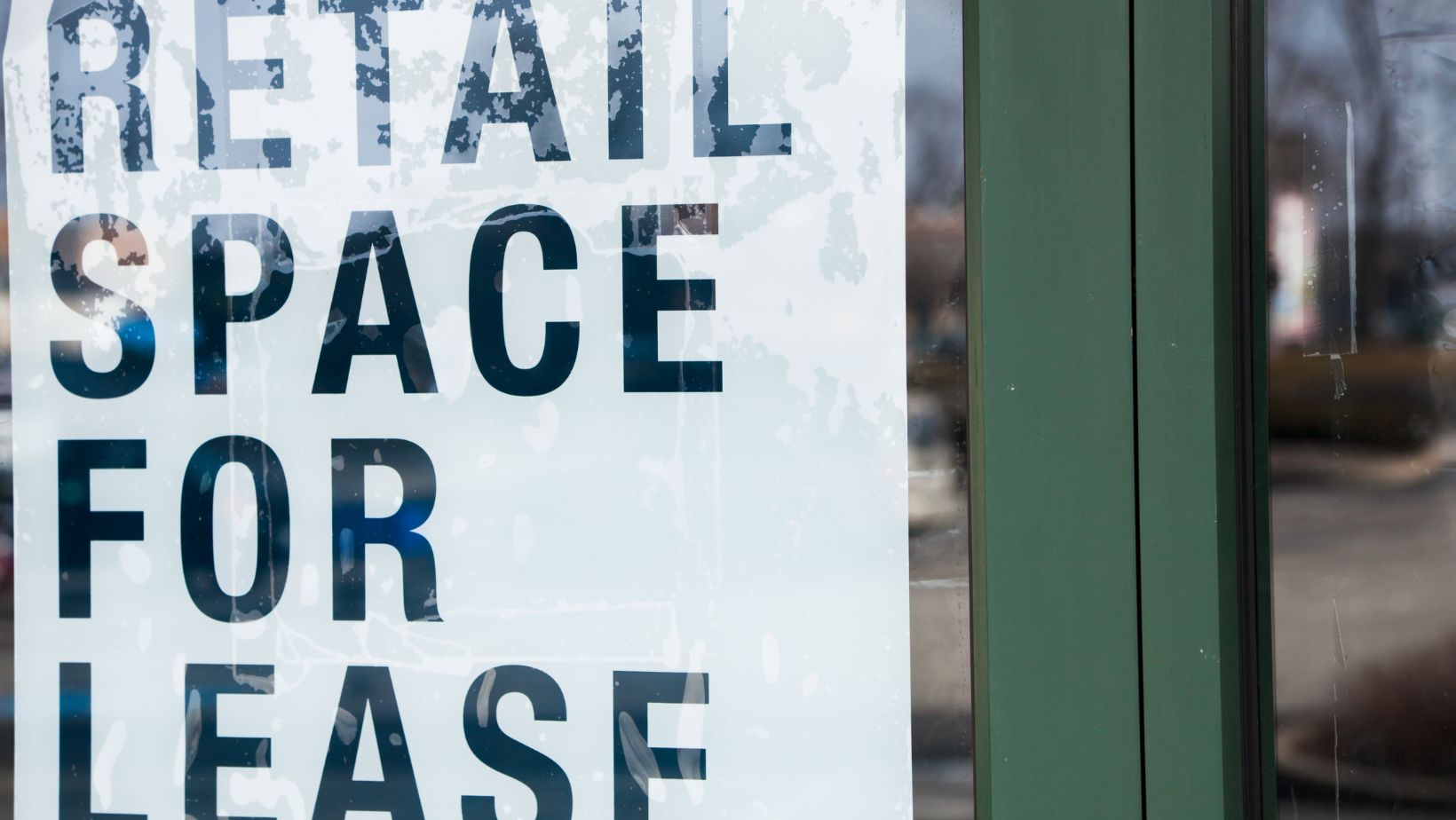Operating a retail business entails several tasks, but one of the most important—and often neglected—is conducting routine safety checks. These checks not only protect your workers and customers but also shield your business from potential liability issues, fines, and operational disruptions. For small business owners and entrepreneurs, ensuring your retail space is safe is not just about compliance; it’s about creating a safe and inviting environment that fosters trust and confidence.
Here’s why regular safety checks are crucial for your retail business, along with actionable steps to implement them effectively.
1. Prevent Accidents and Injuries
One of the major purposes of safety checks is to prevent accidents before they occur. Retail spaces can present various hazards, such as slippery floors or loose wires, that, if left unchecked, can lead to injuries. For instance, well-lit stores can reduce the likelihood of trips and falls, while securing shelves can prevent products from toppling onto customers.
Action Tip: Conduct weekly walk-throughs of your store, identifying potential hazards. Look out for cluttered aisles, wet floors, and improperly stored inventory. Encourage employees to report any safety concerns immediately.
2. Comply with Health and Safety Regulations
Failure to comply with health and safety regulations can result in hefty fines, lawsuits, or even store closure. These regulations are in place to protect everyone in the retail environment, from customers to employees. Regular safety checks ensure your business remains compliant with local, state, and federal regulations.
Action Tip: Take time to familiarize yourself with your area’s specific health and safety regulations. Consider hiring a professional safety inspector annually to uncover subtle risks and ensure your business is fully compliant with the law.
3. Minimize Liability Risks
If a customer or employee is injured on your premises, your business could be held legally responsible. Even minor incidents have the potential to escalate into expensive lawsuits. Regular safety checks minimize the risk of accidents and reduce your liability exposure, saving your business time, money, and stress.
Action Tip: Keep detailed records of all safety checks and any corrective actions taken. If an accident occurs, having documented proof that you’ve been proactive about safety could help protect you in court.
4. Ensure Insurance Coverage
Even with the most rigorous safety checks, accidents can still happen. Adequate insurance coverage is crucial for protecting your business from the financial fallout of unexpected incidents. Many insurance providers offer lower premiums to businesses that can demonstrate a commitment to safety through regular checks and documented procedures.
Action Tip: Review your business insurance policy to ensure it covers accidents, includes commercial real estate insurance, and addresses liability claims. Keep detailed records of all safety checks and maintenance to demonstrate your due diligence to your insurance provider. This can help reduce premiums and simplify the claims process if an incident occurs.
5. Improve Employee Morale and Productivity
A safe work environment translates into happier, more productive employees. When workers feel safe, they are more likely to focus on their tasks, resulting in higher productivity and job satisfaction. On the other hand, if employees are concerned about safety hazards, their morale may drop, and their attention will be divided.
Action Tip: Involve your employees in the safety-check process. Train them to recognize potential hazards and report concerns. You could even establish a safety reward program to encourage responsible behavior.
6. Create a Positive Customer Experience
Customers want to feel safe when they shop. A clean, organized retail space free of hazards allows customers to focus on shopping, while a hazardous or disorganized environment can drive them away and harm your store’s reputation.
Action Tip: Pay attention to the details that matter most to customers. Ensure that parking lots are well-lit, walkways are clear, and exits are easily accessible. Even small safety improvements can make a big difference in how customers perceive your business.
7. Safeguard Your Property and Inventory
Safety checks can also help you avoid costly damage to your property and inventory. For example, electrical problems could trigger a fire, or improperly stored products could get damaged if they fall. Being proactive about safety protects both the people in your store and the integrity of your assets.
Action Tip: Incorporate equipment and inventory checks into your safety routine. This includes inspecting fire extinguishers, smoke alarms, and electrical systems. If your retail operation involves machinery, schedule routine maintenance to prevent breakdowns and injuries.
8. Adapt to Business Changes
As your business grows, the risks in your retail environment may also increase. Whether you’re expanding your store, adding new product lines, or increasing staff, these changes can introduce new hazards. Regular safety checks help you stay ahead of potential risks and adapt your safety measures accordingly.
Action Tip: Review and revise your safety procedures whenever you alter your store layout, introduce new products, or increase employee numbers. Engage your team in the planning process to identify any new risks associated with business growth.
9. Increase Customer Trust and Loyalty
Customers are more likely to return to a store where they feel safe and valued. A business that prioritizes safety sends a clear message: “We care about our customers and their well-being.” This can enhance your brand’s reputation and build customer loyalty over time.
Action Tip: Consider adding visible reminders of your safety efforts, such as sanitation stations, social distancing markers, or signs about regular store cleaning. These small actions reassure customers that you are committed to their health and safety.
Final Thoughts
For small business owners and entrepreneurs, regular safety checks should be a routine part of retail operations. These checks not only help prevent accidents but also protect your business from legal and financial consequences. They improve the work environment, enhance customer confidence, safeguard your inventory, and secure your property.
Safety is about more than just avoiding violations or meeting regulatory standards—it’s about creating a safe, productive, and welcoming space for everyone who walks through your doors. By being proactive and conducting regular audits of your retail space, you’re not just protecting your business—you’re investing in its future.

Aisha Noreen is an owner of a small business with more than 9 years of experience in the marketing industry. With the wisdom of an old soul, she always seeks innovation and mind-blowing ROI techniques. Her unique approach helped many small businesses thrive and she can surprise you in many ways as well. Believe it or not, her energy, passion, and creativity are contagious enough to transform your business and take it to another level.


